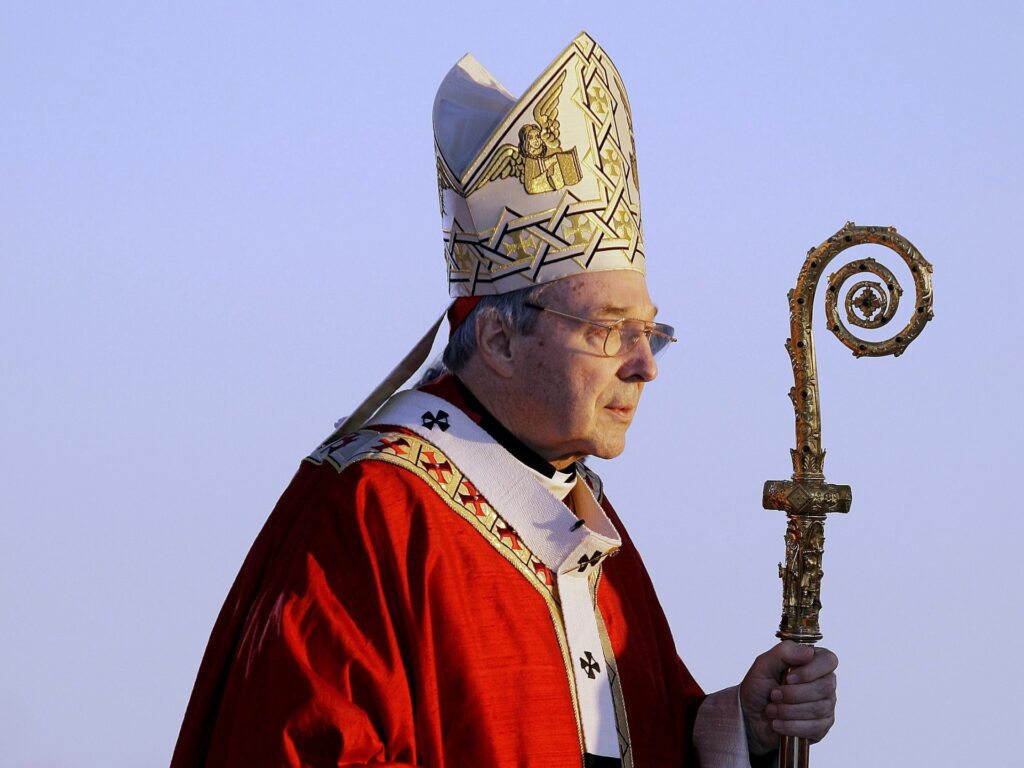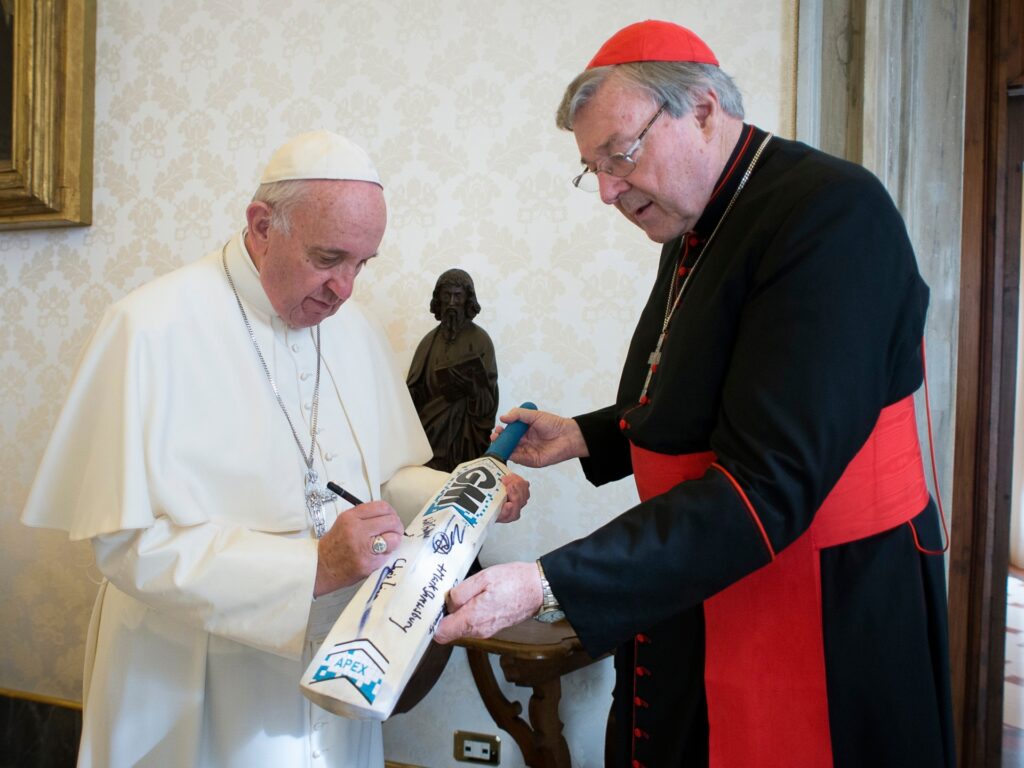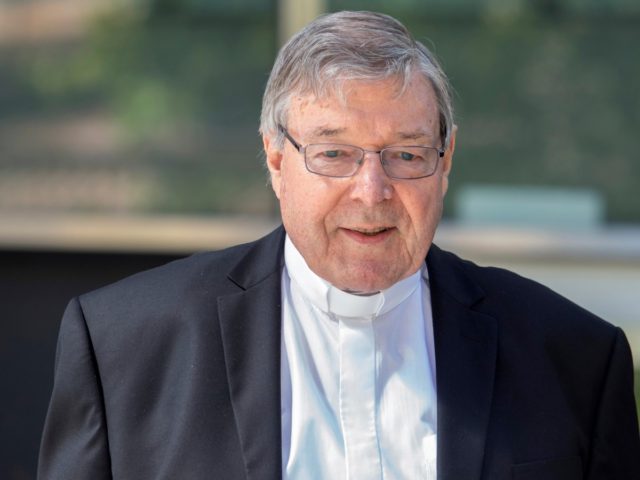ROME — Australian Cardinal George Pell has blasted the Catholic Church’s synodal way as “hostile” to the apostolic tradition in a posthumous essay published Wednesday in the Spectator.
In what has become his final public statement, Cardinal Pell, who died unexpectedly of cardiac arrest Tuesday evening, offers a searing critique of the 45-page working document meant to guide the “Continental stage” of the Church’s ongoing “synod on synodality.”
The Catholic Synod of Bishops has produced “one of the most incoherent documents ever sent out from Rome,” Pell writes, and what was intended to express “God’s dream” of synodality “has developed into a toxic nightmare.”
The synodal document, titled “Enlarge the Space of Your Tent,” focuses primarily on radical inclusion, listening, participation, and co-responsibility with believers and nonbelievers, while ignoring central themes of Christian teaching and practice, Pell observes.
“The document does not urge even the Catholic participants to make disciples of all nations (Matthew 28:16-20), much less to preach the Saviour in season and out of season (2 Timothy 4:2),” he notes, calling the text a “recent update of the good news.”
In the text, the Christian message of salvation has been gutted of all content and “the distinction between believers and unbelievers is rejected,” he writes.
Moreover, the synodal document proposes that no definitive positions on abortion, contraception, the ordination of women to the priesthood, homosexual activity, polygamy, and divorce and remarriage “can be established or proposed,” the cardinal notes.

File/Cardinal George Pell walks onto the stage for the opening mass for World Youth Day in Sydney, Australia, July 15, 2008. (AP Photo/Rick Rycroft, File)
Pell goes on to ask rhetorically what can be made of “this outpouring of New Age good will,” which far from being a summary of Catholic faith or New Testament teaching, is “hostile in significant ways to the apostolic tradition and nowhere acknowledges the New Testament as the Word of God, normative for all teaching on faith and morals.”
For its part, the Old Testament “is ignored, patriarchy rejected and the Mosaic Law, including the Ten Commandments, is not acknowledged,” he adds.
In his essay, Pell also addresses the thorny subject of the person chosen to manage the two final synods in Rome in 2023 and 2024, namely the heterodox Jesuit Cardinal Jean-Claude Hollerich.
Hollerich, Pell observes, “has publicly rejected the basic teachings of the Church on sexuality, on the grounds that they contradict modern science,” something that in ordinary times would have precluded him from continuing as “Relator” of the synod.
The synods will have to decide whether they are “servants and defenders of the apostolic tradition on faith and morals” or sovereign masters tasked with reinventing Catholic teaching, Pell proposes.
In a call to action to his brother bishops, Pell recalls that the bishop is “the guarantor of continuing fidelity to Christ’s teaching, the apostolic tradition,” which means they are “governors and sometimes judges, as well as teachers and sacramental celebrants, and are not just wall flowers or rubber stamps.”
Therefore, bishops have true authority and “are not there simply to validate due process and offer a ‘nihil obstat’ to what they have observed,” he states.

In this photo taken Oct. 29, 2015, Pope Francis signs a cricket bat he received from Cardinal George Pell, at the Vatican. (L’Osservatore Romano/Pool Photo via AP)
“By an enormous margin, regularly worshipping Catholics everywhere do not endorse the present synod findings,” Pell declares. “Neither is there much enthusiasm at senior Church levels.”
Many Catholics are rightly concerned with “the deepening confusion, the attack on traditional morals and the insertion into the dialogue of neo-Marxist jargon about exclusion, alienation, identity, marginalisation, the voiceless, LGBTQ” in the synodal way, along with “the displacement of Christian notions of forgiveness, sin, sacrifice, healing, redemption,” he observes.
Additionally, the synodal way “has neglected, indeed downgraded the Transcendent, covered up the centrality of Christ with appeals to the Holy Spirit and encouraged resentment, especially among participants,” he writes.
This working document needs “radical changes,” Pell concludes, and much work is to be done, in God’s name, “sooner rather than later.”

COMMENTS
Please let us know if you're having issues with commenting.